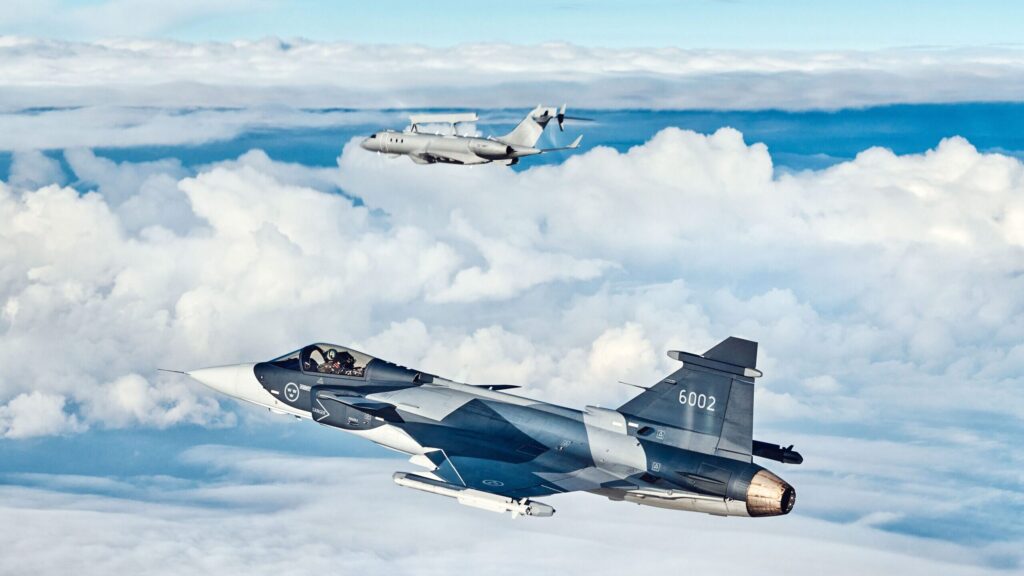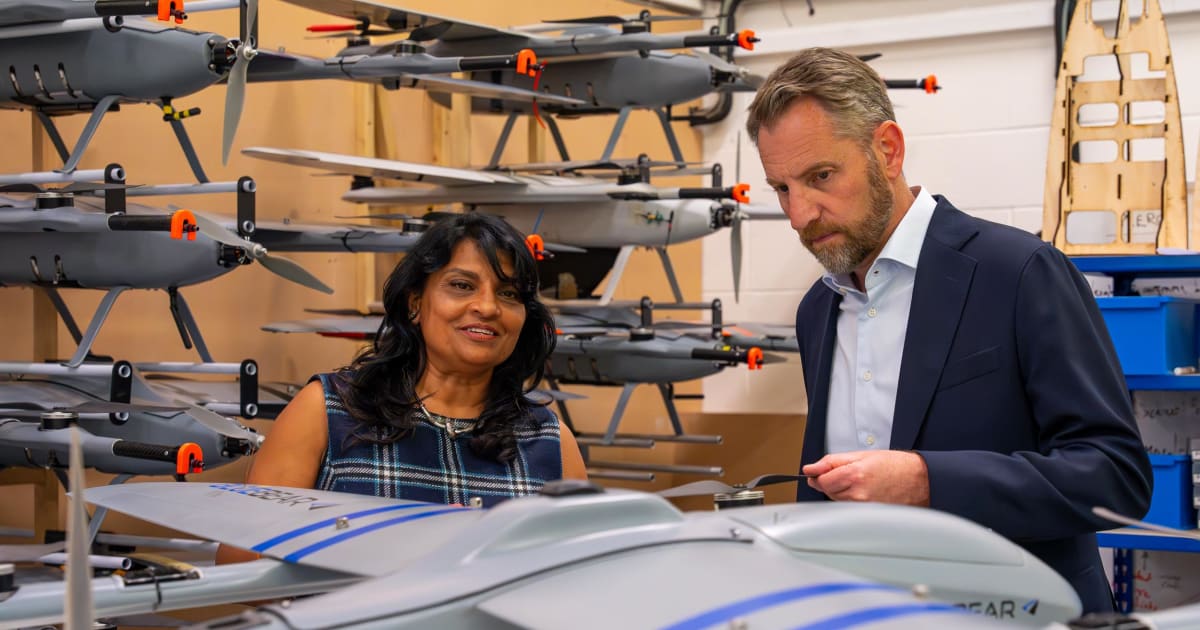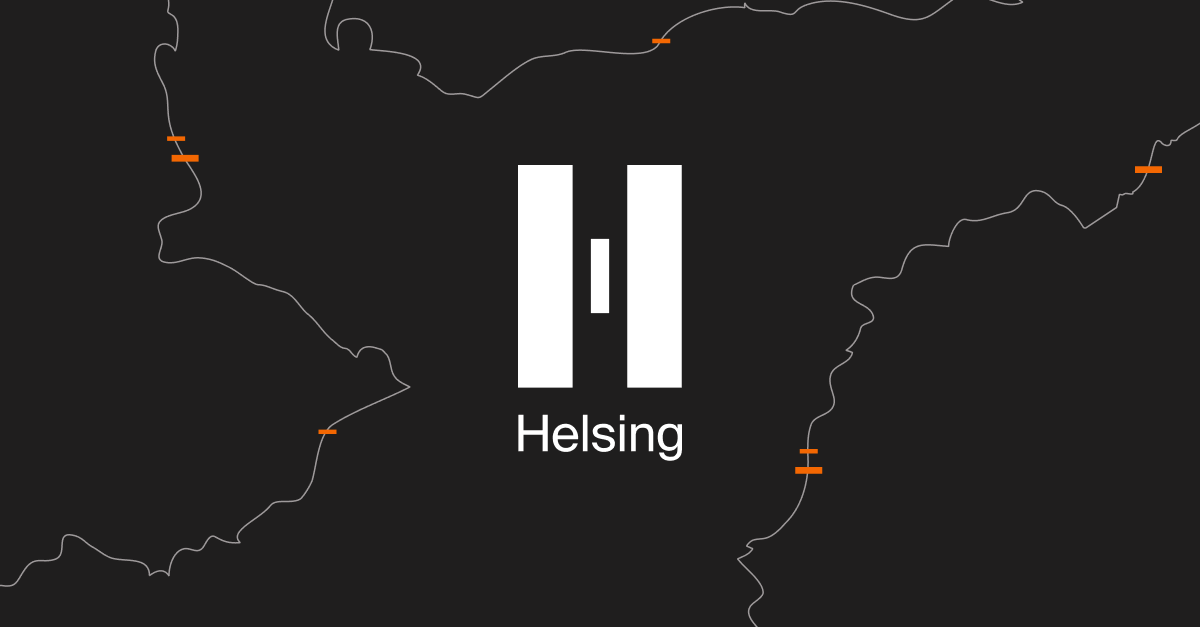
Saab looks for M&A opportunities abroad, hopes Sweden's NATO entry boosts GlobalEye chances - Breaking Defense
"I’m not going to talk about sizes [of companies under consideration] but of course we have a pipeline when it comes to important countries like the UK, US and we will also maybe look at Germany,” said Micael Johansson, CEO of Saab.








